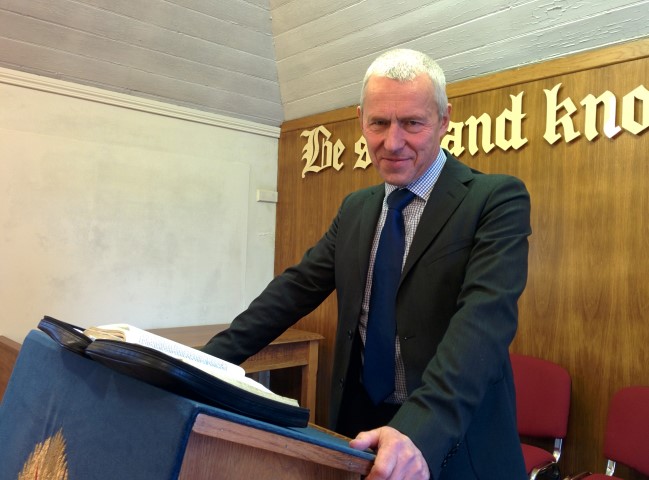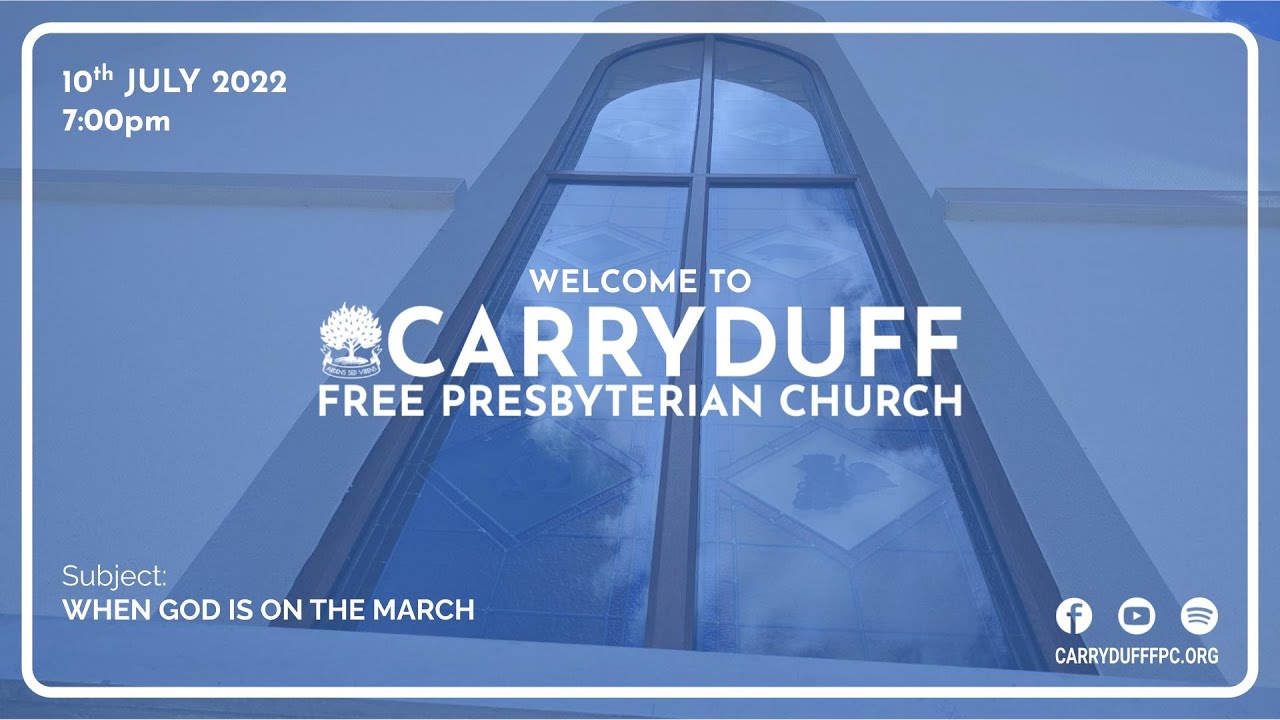Date: SUN 7:00pm 20th July 2025
Preacher: Mr. Phil Moffat
Bible Reference: Psalms 8:3-4
3 When I consider thy heavens, the work of thy fingers,
the moon and the stars, which thou hast ordained;
4 What is man, that thou art mindful of him?
and the son of man, that thou visitest him?
Sermon Summary: Psalm 8 – The Majesty of God and the Dignity of Man
Delivered on 20th July 2025, this sermon, rooted in Psalm 8, explores the awe-inspiring majesty of God as Creator and His remarkable mindfulness towards humanity. The preacher connects the historical event of the Apollo 11 moon landing on 20th July 1969 with the timeless truths of Scripture, using the Psalm to reflect on God’s grandeur and humanity’s place in His creation.
Opening: The Historical Context
The sermon begins by recalling the Apollo 11 mission, marking its 56th anniversary. The preacher vividly describes the global fascination with the lunar landing, referencing the iconic words of Neil Armstrong: “One small step for man, one giant leap for mankind.” He notes a minor error in Armstrong’s delivery (omitting “a” before “man”) and shares a personal anecdote about using the phrase “The eagle has landed” when arriving at destinations. The sermon highlights lesser-known details, such as Buzz Aldrin taking communion on the moon and the placement of five Bibles on the lunar surface across various missions. These details set the stage for a reflection on humanity’s achievements in space exploration, contrasted with the far greater miracle of God’s engagement with humanity.
The Majesty of God’s Creation (Psalm 8:1-3)
The preacher turns to Psalm 8, a short but profound psalm of David, beginning with the declaration, “O Lord, our Lord, how excellent is thy name in all the earth” (v. 1). David, inspired by God, marvels at the Creator’s glory, which surpasses the heavens. The sermon imagines David as a young shepherd, gazing at the starry Eastern sky, reflecting on the vastness of the universe. The preacher cites verse 3—“When I consider thy heavens, the work of thy fingers, the moon and the stars, which thou hast ordained”—to underscore God’s sovereignty over creation. He notes that the Milky Way contains 200–400 billion stars, yet Scripture casually mentions, “He made the stars also” (Genesis 1:16), and God knows each by name, demonstrating His infinite power and order.
The Dignity of Humanity (Psalm 8:4-8)
The central question of the sermon arises from verse 4: “What is man, that thou art mindful of him? and the son of man, that thou visitest him?” The preacher marvels that, despite the vastness of the universe, God is deeply concerned with humanity. He explains that God made humanity “a little lower than the angels” (v. 5), crowning them with glory and honour and granting dominion over creation—sheep, oxen, beasts, birds, and fish (vv. 6–8). This dominion reflects humanity’s role as stewards of God’s creation, yet the sermon emphasises that God’s interest lies not in planets or stars but in the souls of people.
God’s Intimate Knowledge of Humanity (Psalm 139)
To deepen this theme, the preacher turns to Psalm 139, highlighting God’s intimate knowledge of each person. Verses 1–4 describe God’s omniscience: He knows our actions, thoughts, and words before they are spoken. The preacher underscores the wonder of verse 6—“Such knowledge is too wonderful for me”—and verses 7–10, which affirm God’s omnipresence, inescapable whether in heaven, hell, or the farthest seas. Verses 13–16 reveal God’s role in forming each person in the womb, knowing them before birth, with every detail recorded in His book. The preacher emphasises that God’s thoughts towards humanity are “more in number than the sand” (v. 18), underscoring His care for our weaknesses, needs, weariness, wanderings, and walk.
The Miracle of God’s Love
The sermon contrasts the marvel of the moon landing with the greater miracle of Christ’s incarnation. Quoting Colonel James Irwin, an Apollo 15 astronaut and Christian, the preacher recalls Irwin’s reflection that Christ leaving heaven to walk on earth was far more significant than humanity’s lunar achievements. Irwin, standing on the moon, saw Earth as a “little blue marble” and was reminded of John 3:16—“For God so loved the world, that he gave his only begotten Son.” The preacher stresses that God’s love extends to the unlovable, calling sinners His friends through Christ’s sacrifice (John 15:13).
Application: Knowing and Serving God
The sermon challenges the congregation to consider their relationship with this majestic, mindful God. The preacher asks, “Do you know David’s God?” and urges listeners to trust Christ as Saviour, warning that all will one day give an account before Him (Romans 14:12). He emphasises the simplicity of the gospel: “Whosoever shall call upon the name of the Lord shall be saved” (Romans 10:13). Despite humanity’s sinfulness, God’s grace offers salvation through Christ’s finished work on the cross. The preacher encourages repentance and faith, reminding the congregation that God knows their hearts and is mindful of them even now.
Conclusion and Prayer
The sermon closes with a heartfelt prayer, thanking God for His greatness and love, and pleading for new names to be written in the Lamb’s Book of Life. The preacher invokes the imagery of sinners’ names being engraved on Christ’s hands, urging those who do not know Him to come to faith. The final words reaffirm God’s eternal guidance: “This God is our God for ever and ever: he will be our guide even unto death” (Psalm 48:14).
Key Themes
- God’s Majesty: The universe reflects God’s infinite power, yet He remains intimately involved with humanity.
- Humanity’s Dignity: Despite our smallness, God crowns humanity with glory and grants dominion over creation.
- God’s Mindfulness: God knows every detail of our lives—our thoughts, needs, and struggles—and loves us unconditionally.
- The Gospel Call: The sermon urges repentance and faith in Christ, the only way to salvation.
- Historical Reflection: The Apollo 11 landing serves as a backdrop to highlight the greater miracle of Christ’s redemptive work.
This sermon blends awe at God’s creation with a call to personal faith, using Psalm 8 and Psalm 139 to bridge the cosmic and the personal, encouraging the congregation to respond to God’s love and grace.
Subscribe to the podcast here:
Spotify Podcasts | Apple Podcasts | Pocket Casts
Email | RSS | more information here








